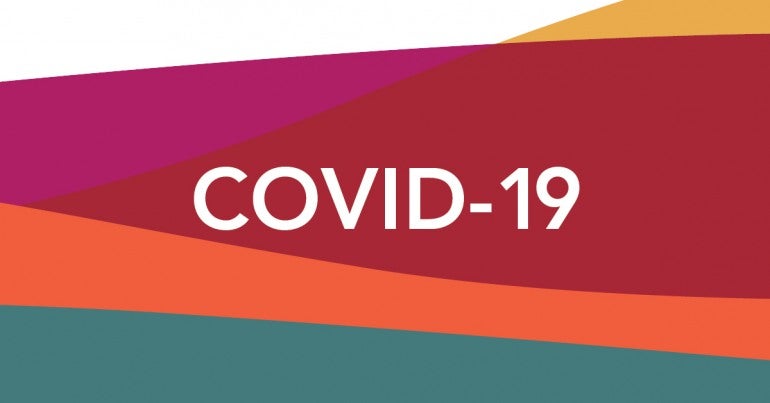 This guide covers:
This guide covers:
- Background leading up to the COVID-19 immunization program.
- The balancing of CUPE members’ individual rights, health and safety, the recognition of public health information and the interest of the community.
Background
The COVID-19 pandemic has affected CUPE members in every sector, across the country. Too many CUPE members have died from COVID-19 to date, and many thousands have been infected and quarantined. The experiences of our members in this pandemic mirror the experiences of all those who live and work in Canada. So, like everyone else, CUPE members were relieved when it was announced that Canada had secured up to 76 million doses of the Pfizer vaccine, with 249,000 doses being delivered during the month of December 2020. On December 14, the first vaccines were given to long-term care residents and health care workers.
The World Health Organization (WHO) as well as the Government of Canada have stated that the vaccine should be provided first to vulnerable populations and healthcare workers who work with those vulnerable populations. This includes CUPE members who work in long-term care and acute care, and those who work in congregate settings (facilities where people who may not be related to one another live or stay at overnight and share space such as shelters, group homes, correctional facilities).
There is now a national conversation about vaccination. Over 100 CUPE collective agreements contain vaccine/immunization/inoculation language. Collective agreements within the municipal, health care, child care, and education sectors contain articles or Letters of Understanding/Agreements (LOU/LOA) on this subject. This existing language has been taken to consideration in the development of this guideline.
Historically, CUPE’s Health and Safety Branch has promoted the use of vaccines as a safe and effective control for the spread of disease, while recognizing that related medical decisions must be made between workers and their medical providers.
Negotiating vaccination language
Language negotiated by CUPE Representatives and Locals should lay out rights, responsibilities, and consequences related to vaccination.
Specifically, it is recommended that language about COVID-19 vaccination includes:
- There will be no cost to the worker. Workers should be paid for their time receiving the vaccination.
- The right to refuse the vaccine and its potential consequences.
- The employer’s responsibilities, a clear process, and what occurs should a member refuse the vaccine. At minimum, the right to return to the workplace when safe to do so must be protected.
- The right to refuse the vaccine due to medical reasons (as determined by a professional), as well as religious reasons, in keeping with human rights law.
- These workers should be allowed to continue working/be redeployed if necessary. If there are no redeployment options, then they should be placed on a paid leave.
- Protections for those who refuse the vaccine based on personal choice, including redeployment, access to leave, and protections against job loss.
- The trigger for introducing a vaccine requirement should be as determined by senior public health officials (ex: Medical Officer of Health or Public Health Official) – not the employer.
- Access to paid leave and benefits for all members (including part-time and casual workers) who suffer illness as a result of the vaccination. Members should have the ability to file a workers compensation claim (ex: WSIB, WorkSafeBC) if they experience adverse side effects.
- Continuation of COVID-19 safety procedures and infection protocols, including provision of the necessary PPE and adherence to ventilation controls, until such time as senior public health officials declare the pandemic over and direct a return to “normal” working conditions.
While discussing the COVID-19 vaccine with employers, this is also an opportunity to negotiate language that more broadly addresses the issue of immunization.
Consequences of members’ right to refuse
As a union, we can protect some of our members’ personal rights, but not all. Language should ensure that members who refuse vaccination will have their jobs protected. But members must understand that, should they refuse the vaccine, the employer may not keep them in the workplace in order to protect the health and safety of other workers and the public.
Language should include the right to refuse the vaccine. It is reasonable to require the employer to find alternative work assignments; however, if the employer has exhausted all possibilities and the member is removed from the workplace, they should be able to access lieu time, vacation, and sick leave before being placed on an unpaid leave.
Conclusion
Throughout the pandemic, CUPE has encouraged members to pay close attention to, and abide by, the directives of public health authorities. CUPE members live and work in communities across Canada and have been on the frontlines of this pandemic from the very beginning. And as frontline workers, the rate of infection and transmission of this virus in our communities has a direct impact on our members’ health and that of their families.
CUPE’s Health and Safety Branch recommends that CUPE members get the vaccine as soon as they are able to do so. Members who have questions or concerns about taking the vaccine should consult with their health care professional.



